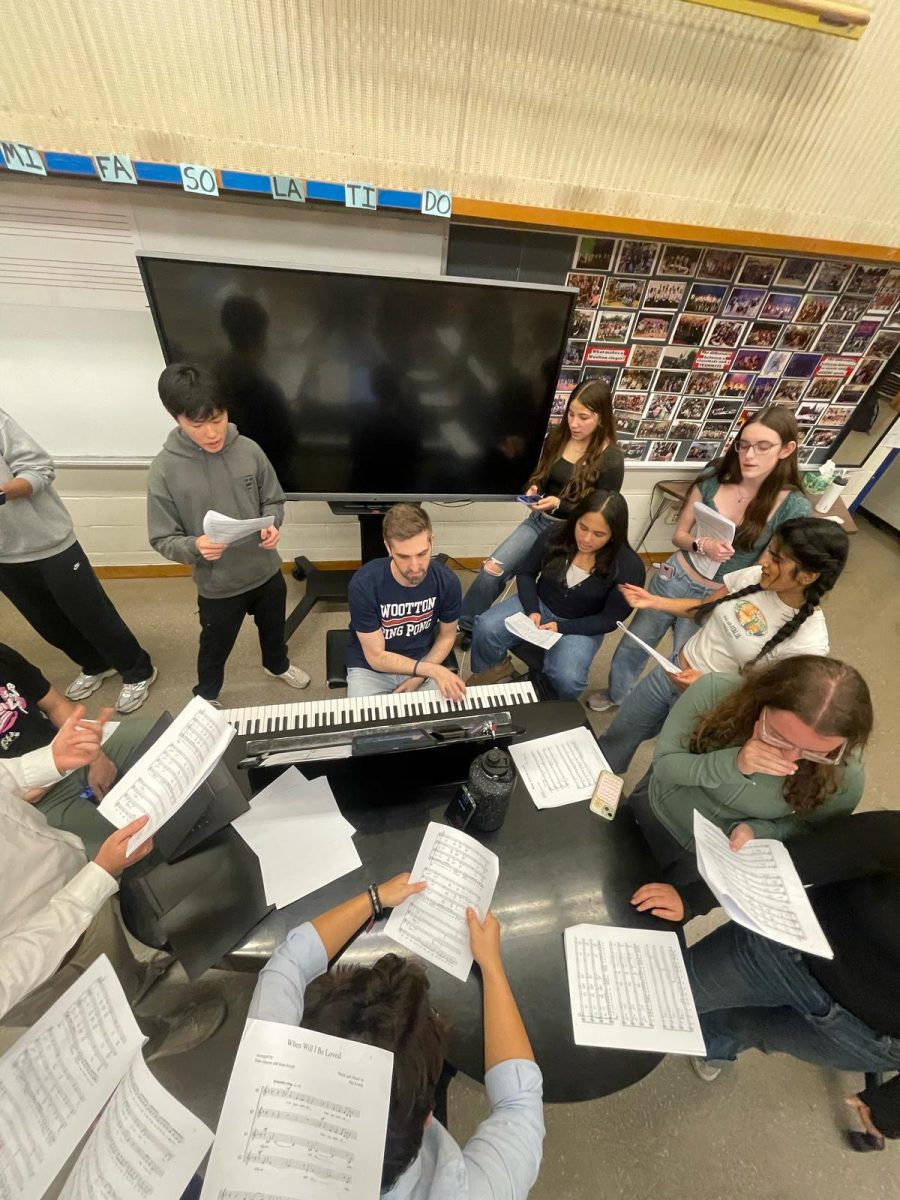What begins with good intentions often deteriorates over time. Such is the case for summer reading here.
Teachers eagerly selecting books to read and share with students, students crafting commentary to the books in group discussions; that era of summer reading is no more. Now we have scores of students not selecting books without consequence, students who do not read the books they select, and, worst of all, teachers who are not motivated to participate in a system nobody takes seriously.
Why have summer reading if the vast majority of the school ignores it? If there is nobody who rides the train, why should it run? The same principle applies here. Perhaps it is to keep up an appearance. The school does a summer reading program every year and is therefore dedicated to promoting reading for purposes outside of school. Anybody looking at the summer reading program can tell that this is not the case.
It is apparent summer reading is not a priority. This year we saw the date postponed numerous times for varying reasons. Having the date moved around so much, from a student’s perspective, lessens the overall seriousness of the event. It makes it seem like the administration cares about summer reading as much as the majority of the students because there is no importance placed on summer reading. It is not compulsory, there is no punishment if one does not read the book, and the date is just something that the administration moves around for convenience of scheduling.
We must consider the future of summer reading. Instead of doing away with the program entirely, the best option is reform. Summer reading needs a place in the school that accomplishes the goal of having students read books that are “fun” while also somehow remaining compulsory and being taken seriously.
A suggestion to fix summer reading is to have it integrated into the English curriculums. For whatever level of English a student is in, the teachers who teach the subject could choose a book, like how they normally do in the current summer reading. Then, a student would choose from all the books chosen by all the teachers who teach the level of English the student is in, and then write an assignment designated by the teacher whose book was chosen.
For example, a student in Honors English 10 would choose from three books, selected by teachers A, B and C, all of whom teach the course. If the student chooses teacher A’s book, they read the book and write the paper designated by the teacher. Each teacher would grade the papers for their own books, regardless of what class the students are actually in, and then summer reading is complete.
In this way, the students have read a fun book, written a paper that introduces and highlights the enjoyable aspects of literature and have received a grade in English.
This is just one of many ways to revive summer reading from its current decay and turn it into something new.







![The 2025-2026 Editorial Board Alex Grainger, Cameron Cowen, Helen Manolis, Emory Scofield, Ahmed Ibrahim, Rebekah Buchman, Marley Hoffman, Hayley Gottesman, Pragna Pothakamuri and Natalie Pak (Chase Dolan not pictured) respond to the new MCPS grading policy. “When something that used to be easy suddenly becomes harder, it can turn [students’] mindset negative, whereas making something easier usually has a better impact. I think that’s where a lot of the pushback comes from. But if you put emotions aside, I do think this change could help build stronger work ethic,” Ibrahim said.](https://woottoncommonsense.com/wp-content/uploads/2025/09/fqr5bskTXpn0LRQMmKErLuNKdQYBlL726cFXBaWF-1200x900.jpg)
